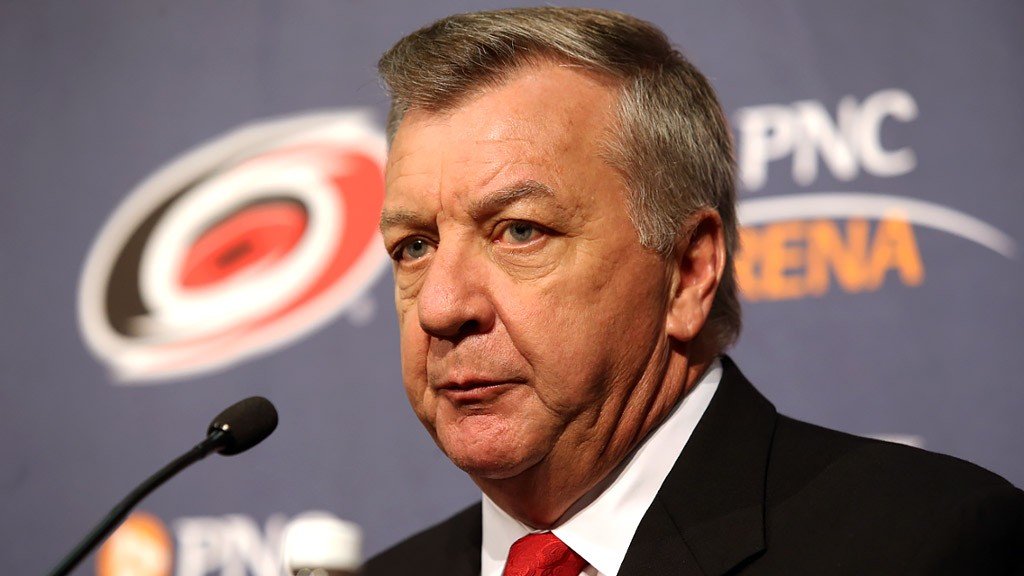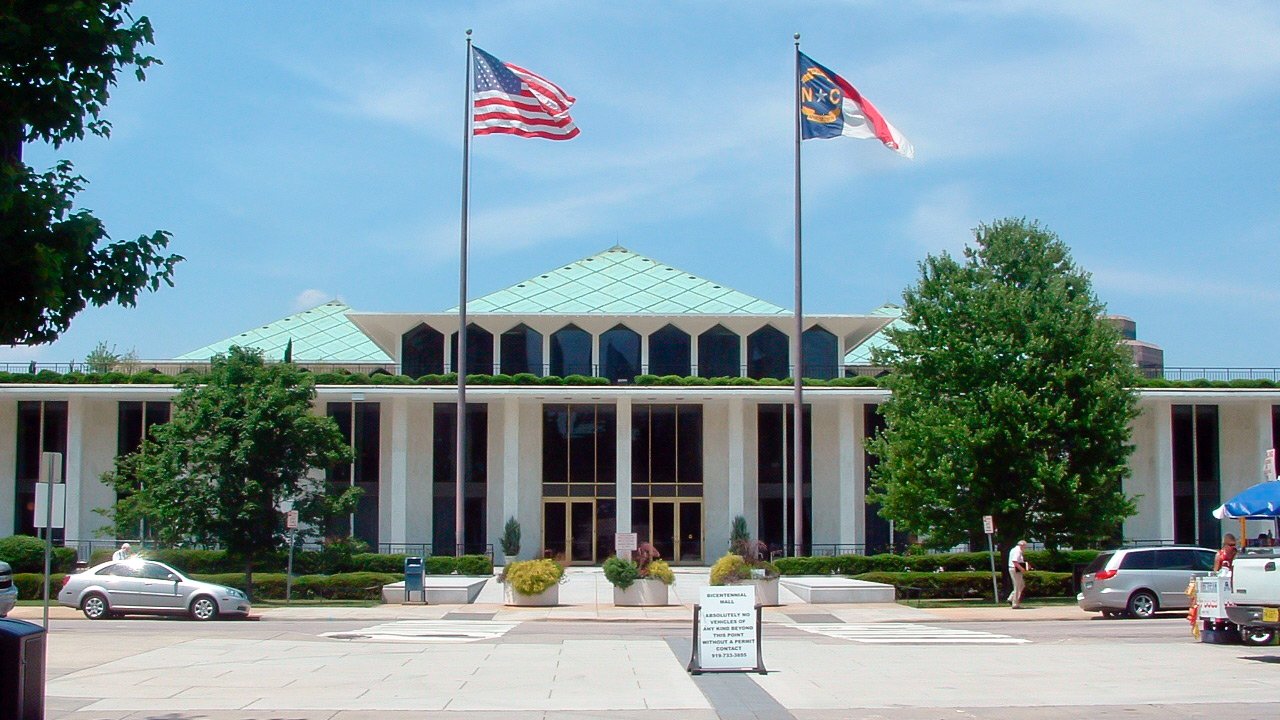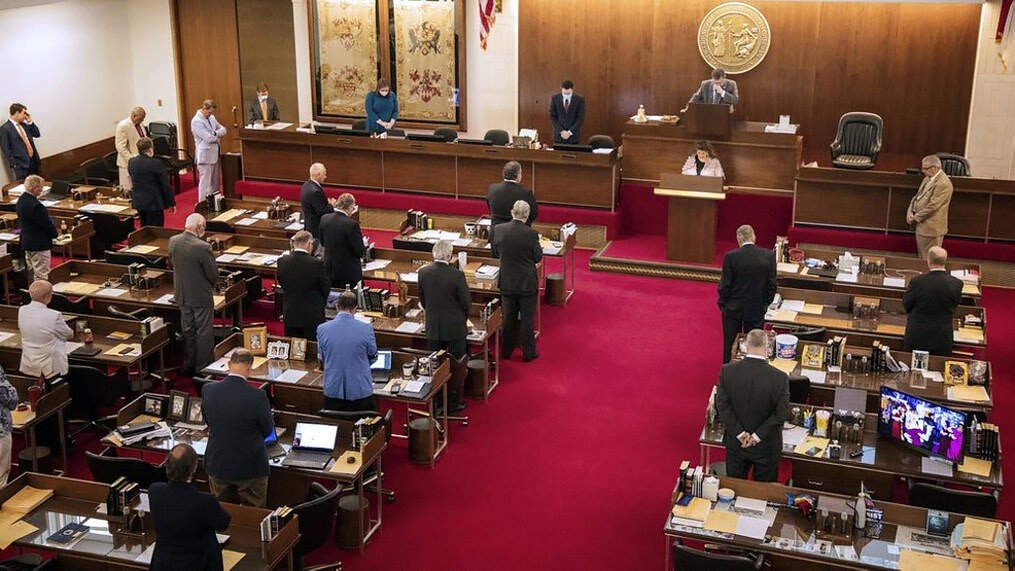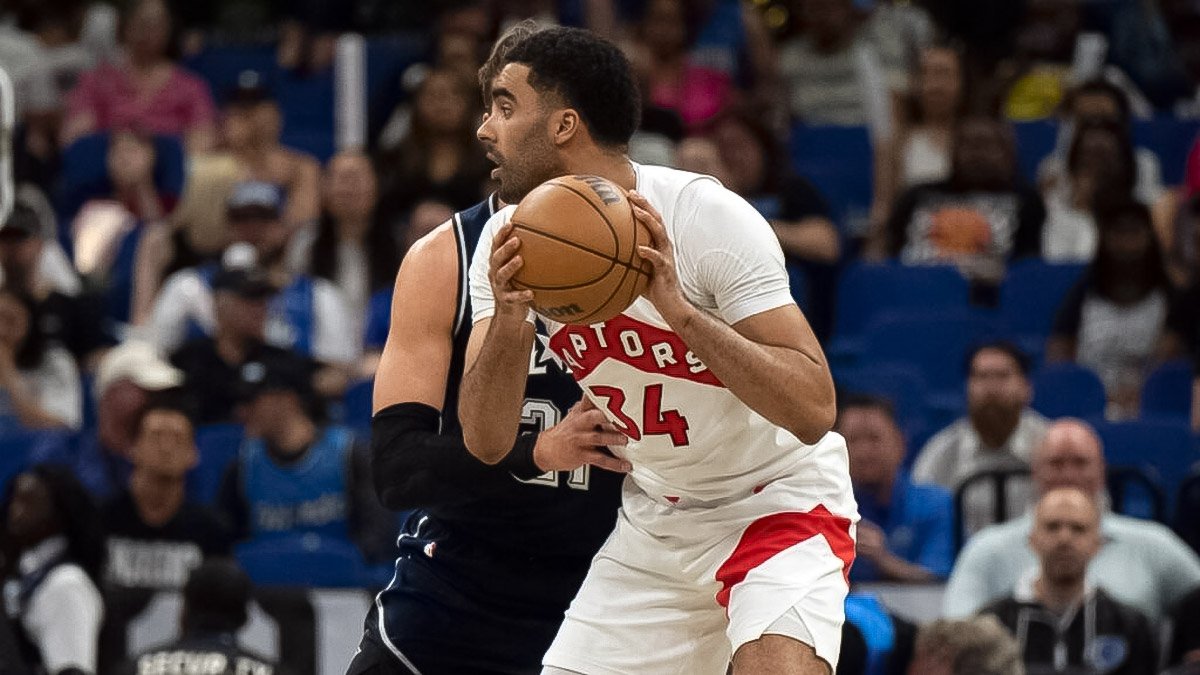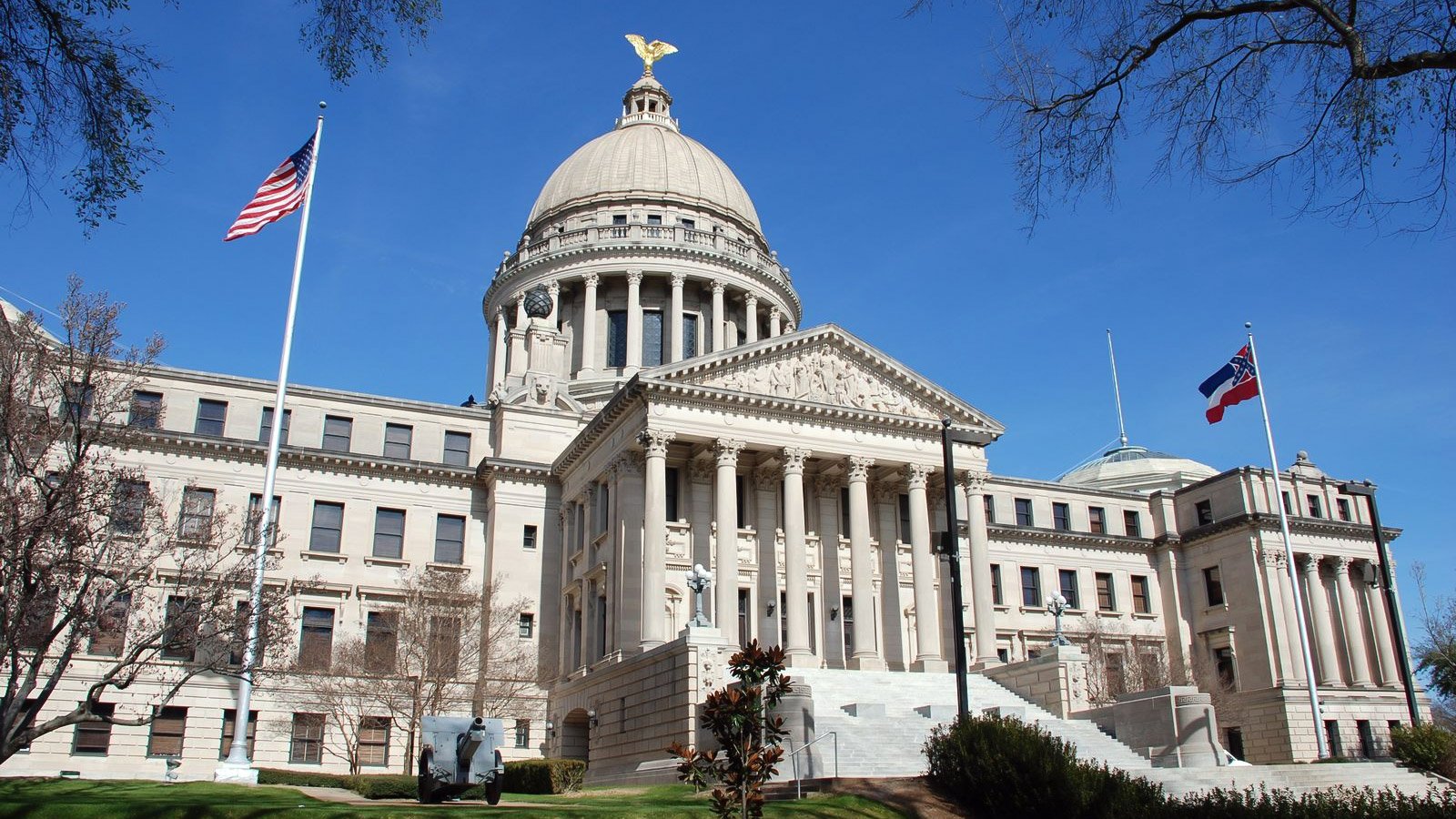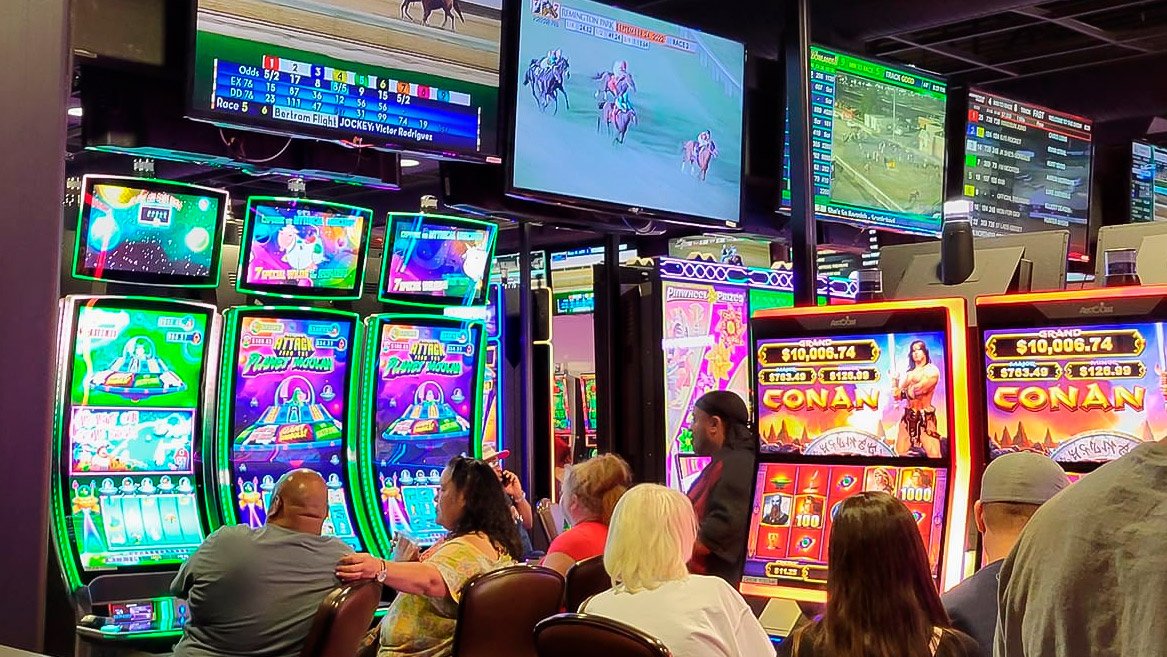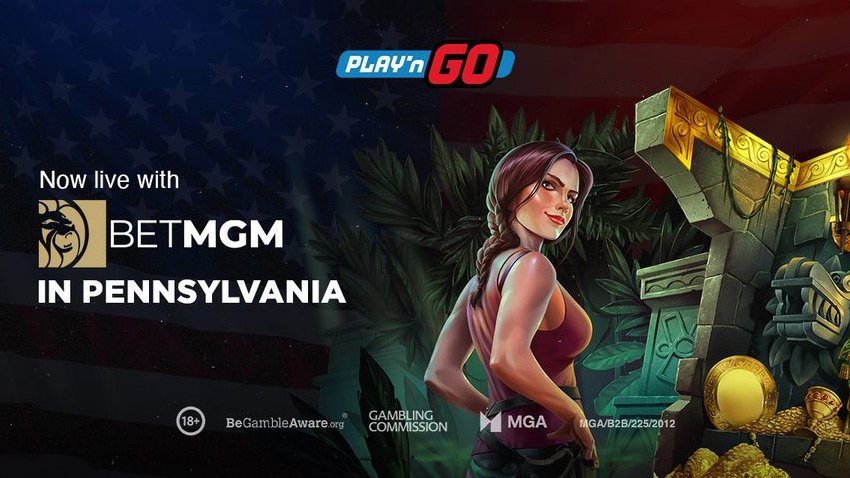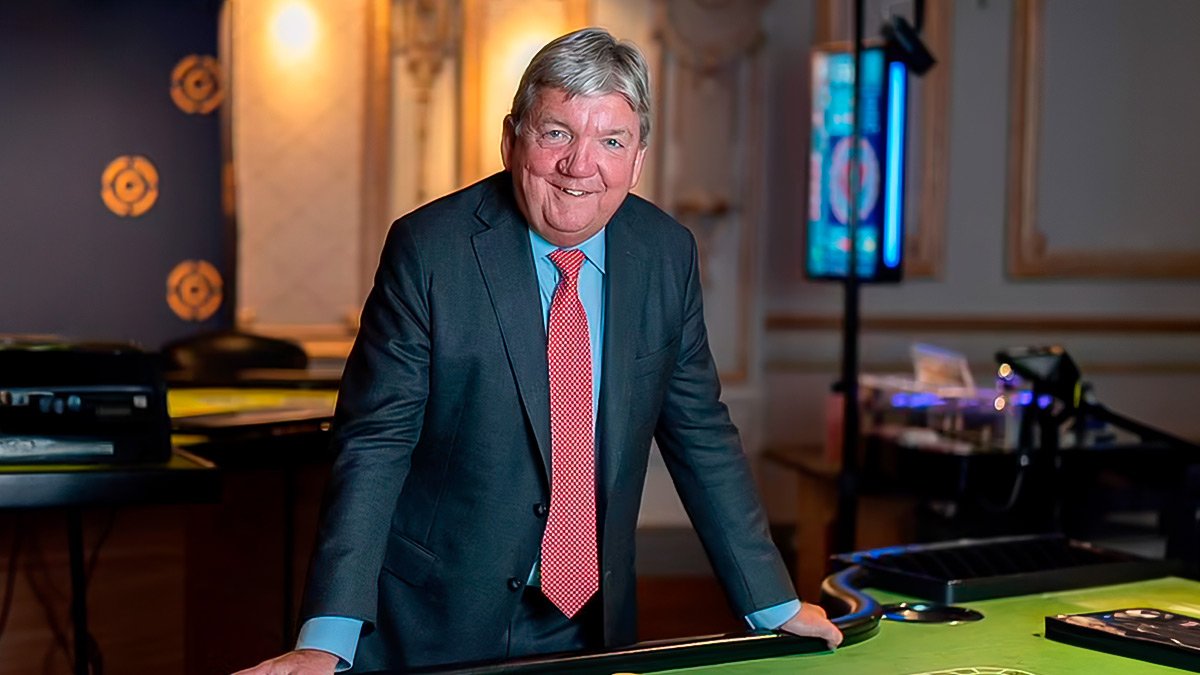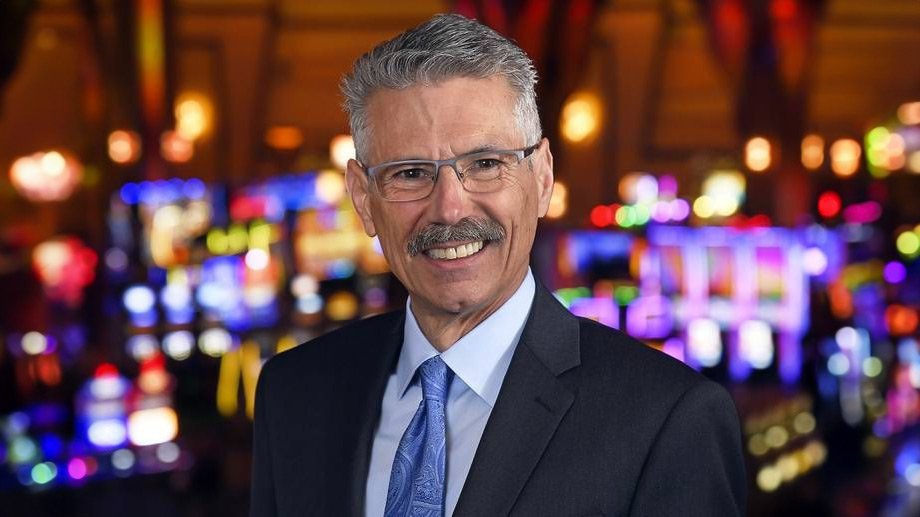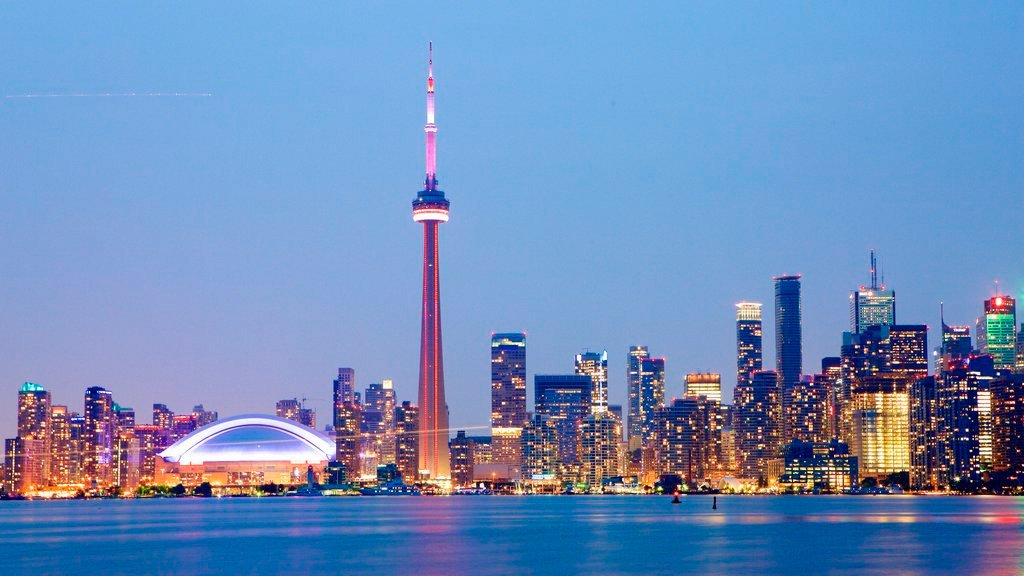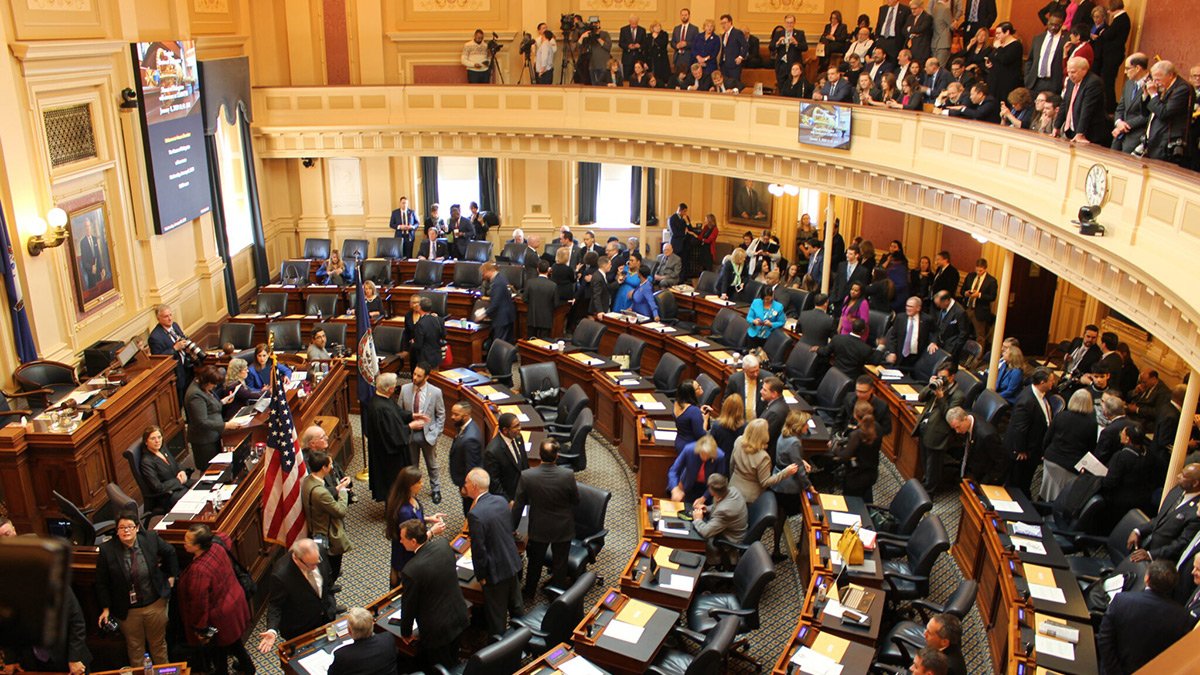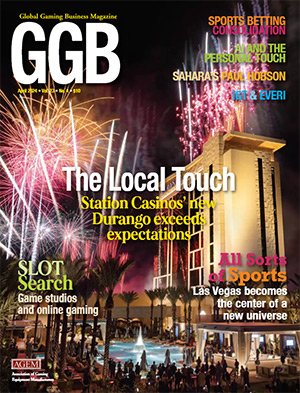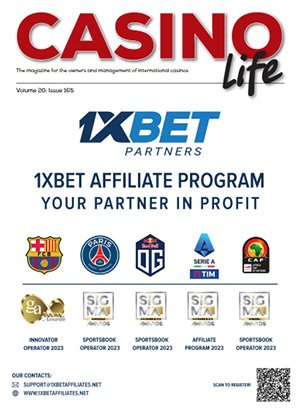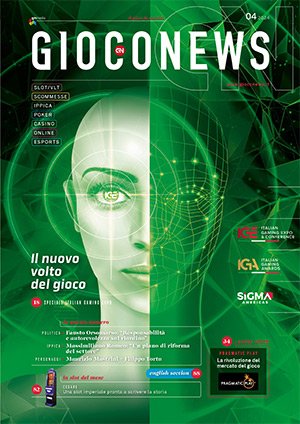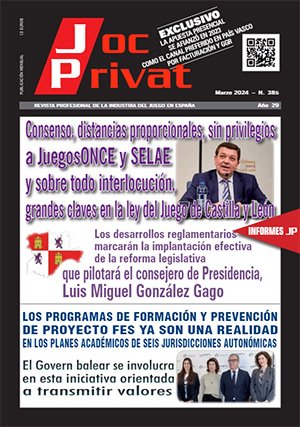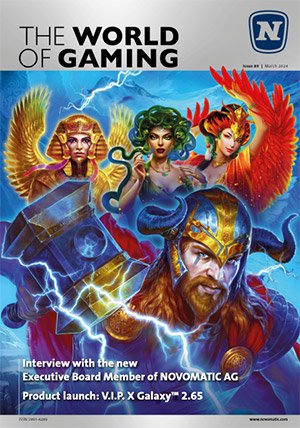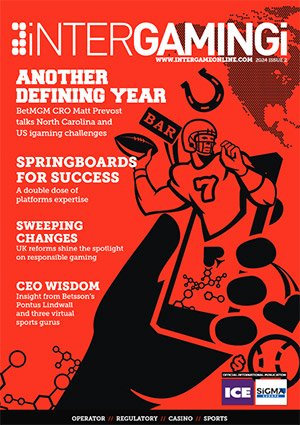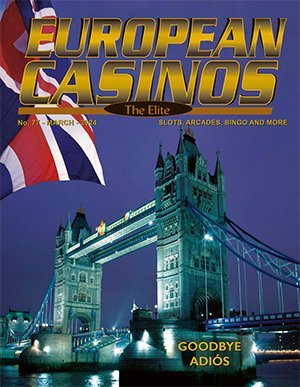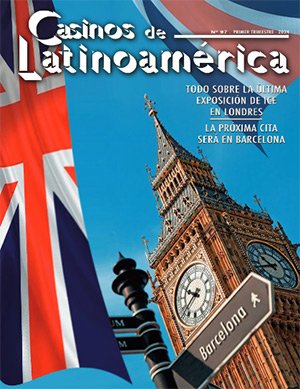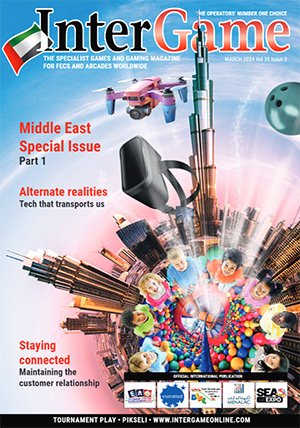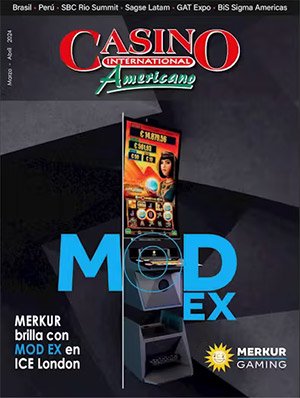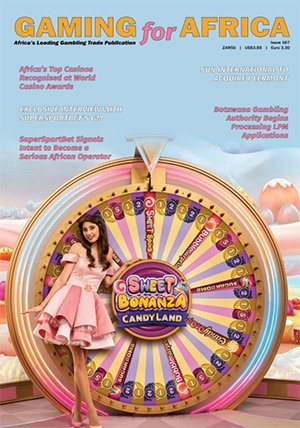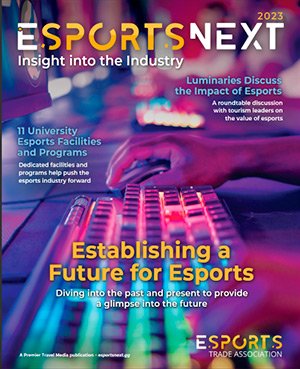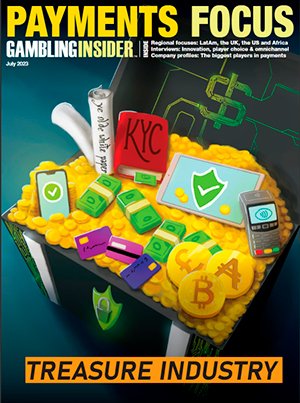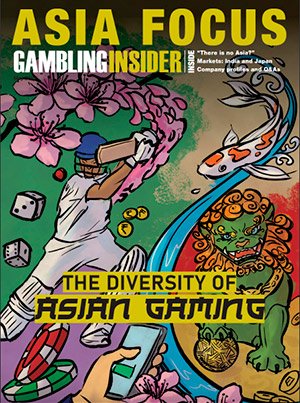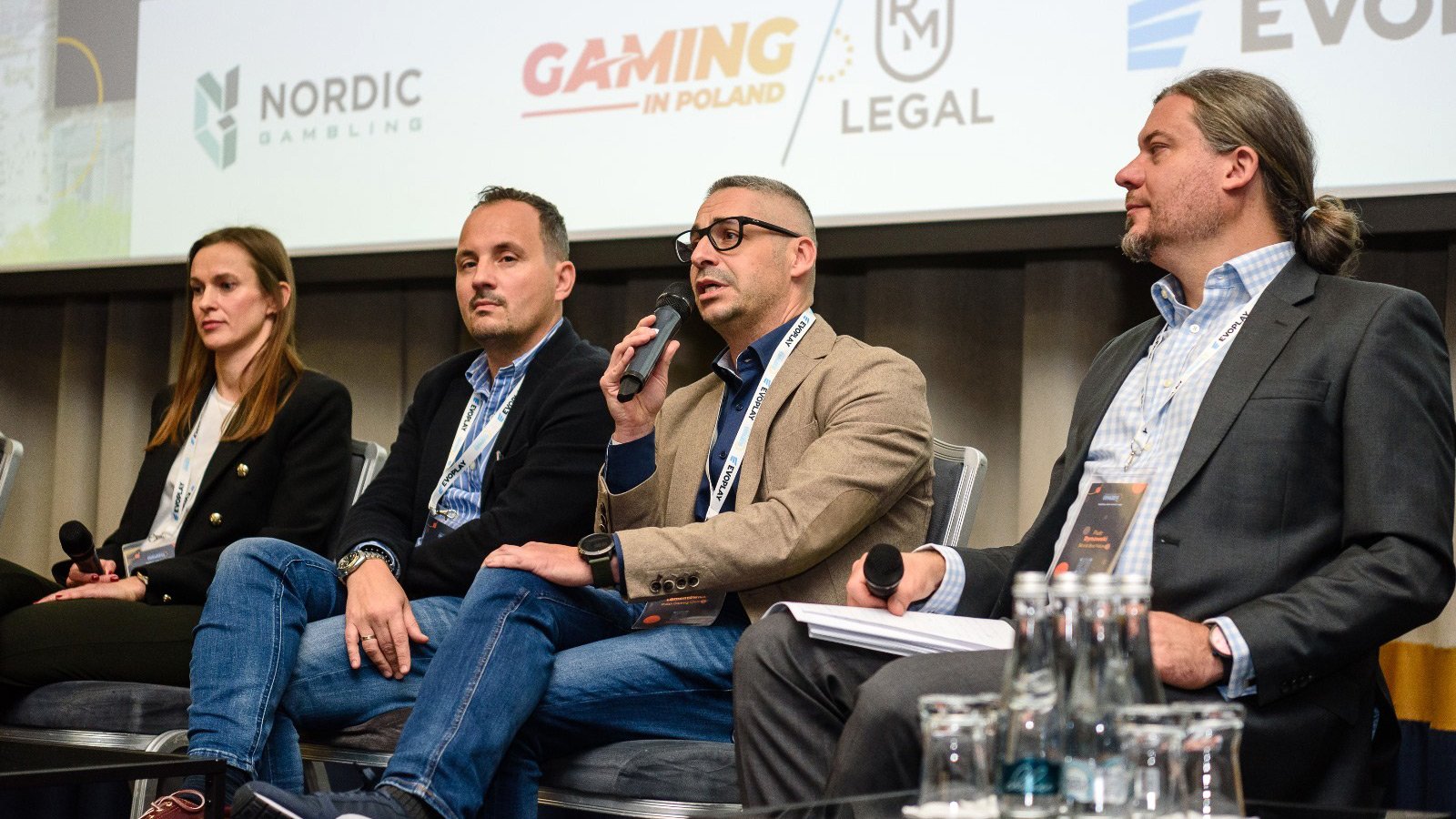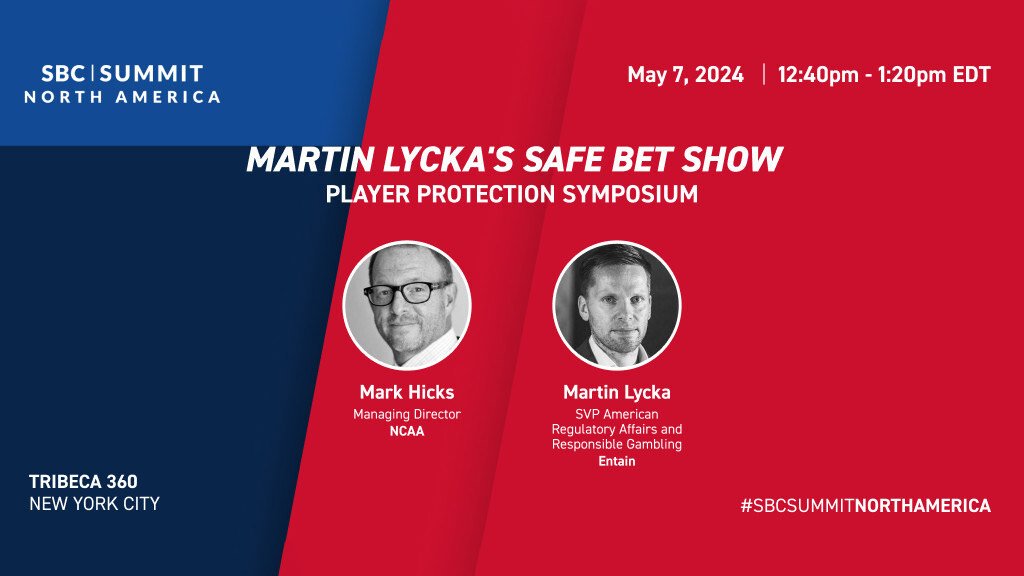North Carolina’s pro teams renew online sports betting push with "competitive disadvantages" leading discussions
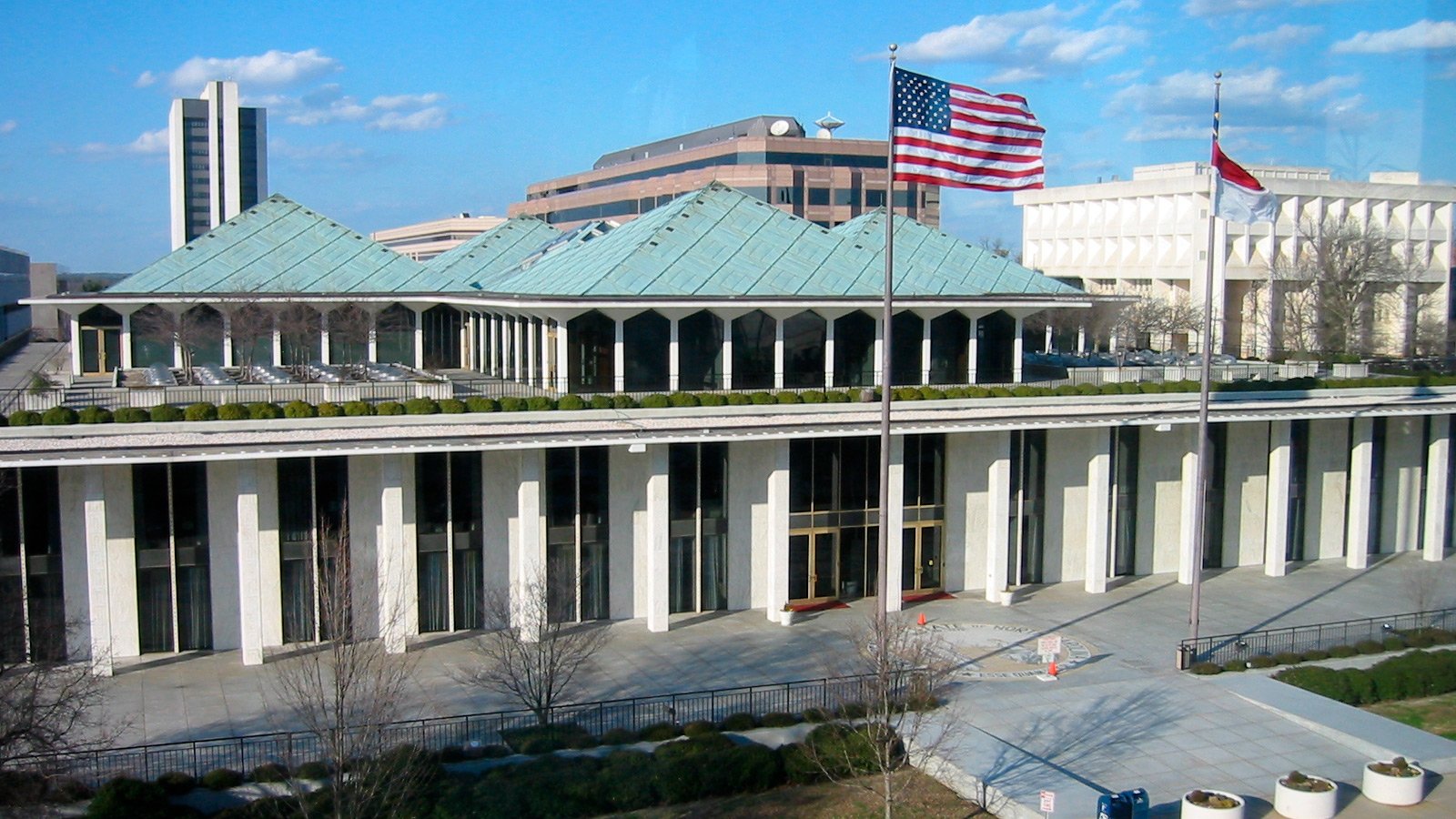
Sports betting supporters in North Carolina prepare themselves to push again for mobile wagering legalization next year, after efforts in the latest legislative session failed. However, this time around, the state's pro sports franchises are taking a different approach. While past efforts revolved around showing lawmakers the benefits of legalizing sports betting, conversations now seem to be laser-focused on showing them the strong disadvantage they face if they fail to regulate the activity.
"Before I think it was more of encouragement and how this would be helpful," said Sen. Jim Perry, a Kinston Republican who co-sponsored the primary sports gambling bill. “I think the follow-up conversations have been, ‘Hey, do you understand you’re putting us at a competitive disadvantage against other teams, other states, other locations?’ I’m not positive that the first round of conversations were in that manner," he added as reported by WRAL-TV.
Sen. Jim Perry
NHL’s Carolina Hurricanes general manager Don Waddell, who has been the pro hockey franchise’s point person on the gambling topic, said online sports gambling is a competitive issue. "Compared to a lot of teams, we’re already way behind," he stated. "We can’t compete with all the Canadian cities, the New Yorks, Bostons. We can’t continue to fall further behind."
The Hurricanes, who advanced to the second round of the NHL playoffs last year, signed a five-year lease extension to remain at Raleigh’s PNC Arena through the 2028-29 season. The National Hockey League has a hard salary cap based on a 50-50 split of hockey-related revenue between the players and owners.
"As revenues go up in the league overall, the cap goes up," Waddell said Thursday after a board meeting of the Centennial Authority, which owns PNC Arena, according to the cited source. "But if our revenues don’t increase, now that 50-50 split starts to tilt the other way. For us, it might be 60% going to the players, only 40% going to us.”
The legislation had the backing of the state’s three major pro sports franchises – NFL's Carolina Panthers, NBA's Charlotte Hornets, and NHL's Carolina Hurricanes – and the Charlotte Motor Speedway. Additionally, popular former Hornets players Mugsy Bogues and Dell Curry, and Hornets team president Fred Whitfield, visited with lawmakers in an effort to push toward legalization.
NHL’s Carolina Hurricanes general manager Don Waddell
Support is expected to be in place again next year. The proposal would have permitted sports facilities -including the teams' arenas, the Charlotte Motor Speedway and golf courses that host PGA Tour events- to open sports lounges, allowing them to tap into a new lucrative revenue stream. But as for now, they are losing out on this money, which is why they are seeking to show lawmakers this disadvantage.
"I don't think it was a threatening manner," Perry said in regards to their new strategy, according to WRAL-TV. "They have to be competitive. They need to monetize as much of their facilities as possible."
At the last session, two sports betting bills were presented in the legislature: SB 688, the original bill; and SB 38, a new bill that acts as a vehicle for making amendments to the original bill. SB 688 failed to pass in a 50-51 vote in June, while SB 38 passed 51-50.
SB 38 raised the fees and tax rates proposed in SB 688 to be paid by sports wagering operators. Under this new proposal, operators are to pay a 15% tax on gross wagering revenue minus winnings paid out plus promotional credits and federal excise tax, with the deduction to be phased out in five years. The original bill proposed an 8% tax rate and did not sunset the deductions for promotional credits. There is a $1 million application fee for sportsbook operators and a $1 million fee for license renewal.
North Carolina legislature
The legislation sought to authorize gambling on professional and electronic sports, as well as horse racing. Betting on youth sports -events in which the majority of competitors are under 18 or competing on behalf of preschool, elementary, middle, or secondary schools- isn’t permitted. College sports, which was originally featured, was eventually shot down nearing the end of the session.
Sports gambling in North Carolina is currently legal only on a retail basis at two Cherokee casinos in the far-western part of the state, meaning a large part of North Carolinians currently does not have convenient access to legal sportsbooks.
A new retail option is, however, set to soon join the two existing ones. In June, Delaware North spokesman Glen White said that the Catawba Nation-owned Two Kings Casino in Kings Mountain would be debuting the state’s third retail sportsbook this fall, ahead of the football season.
North Carolina Senate
The state Senate passed the original bill in 2021 with Republicans and Democrats voting for and against the measure. Perry said new legislation would have to start in the House.
"As the guy that sponsored the bill on the front end and navigated it through the Senate, I’ve done my part,” said Perry, according to WRAL. "If the topic comes up again, I think it’s reasonable that it needs to come back from their side back to us."
More than 30 states have legalized online sports wagering, including neighboring Virginia and Tennessee. Estimates before a college sports betting ban was introduced predicted the North Carolina betting market would have been around $5 billion per year; while supporters forecasted about $50 million in yearly tax revenue.
In conversation with Yogonet, Brandt Iden, Head of Government Affairs US, Sportradar, called the lack of passage during the last session "disappointing," admitting stakeholders "dropped the ball" in the state with the educational part of the sports betting push when engaging lawmakers.
"A major part of the discussion with legislators comes down to the educational part. We dropped the ball a little bit in North Carolina," Iden commented. "When you have legislators referencing match-fixing schemes from 1960, it means that stakeholders, in general, did not do a good job with the education of the lawmakers."



